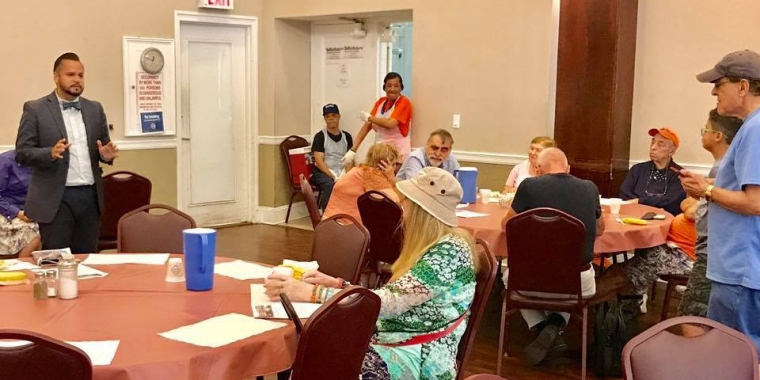
Testimony Regarding The Use Of Eminent Domain In New York State Submitted By State Senator José M. Serrano
September 17, 2008
The Supreme Court's decision in Kelo v. City of New London has renewed the debate over what steps state legislatures should take in defining the proper use of eminent domain. Numerous instances involving the transfer of property to private developers throughout New York State have put into sharp relief the shortcomings of New York's safeguards against the government abuse of this vast power.
The Supreme Court's decision in has renewed the debate over what steps state legislatures should take in defining the proper use of eminent domain. Numerous instances involving the transfer of property to private developers throughout New York State have put into sharp relief the shortcomings of New York's safeguards against the government abuse of this vast power.
Specifically, these case have shown New York's eminent domain guidelines to be overly broad. The Urban Development Corporation Act permits the taking of property deemed to be "blighted". In the Atlantic Yards taking, the ESDC determined buildings to be vacant if they had a 50% occupancy or less. In the Columbia University study, buildings were initially deemed to be vacant with a 25% vacancy or less. Thus, current law allows manipulation of the term "blight" to conform with ESDC development goals. These guidelines must be tightened and the term "blight" must be narrowly and uniformly defined to eliminate these inconsistencies.
We must also tighten up the definition of "public use". New York should follow the lead of other states and eliminate the use of eminent domain for private developments.
In the 28th Senate district, which includes parts of East Harlem and the South Bronx, we have seen a steady increase in developer interest. I fear that without robust protections against the abuse of eminent domain, thousands of families may find themselves evicted as the greed of developers backed by the muscle of government marches to "the next big thing."
Consider that most of my constituents cannot even retain legal counsel for housing court, much less fight expensive and protracted legal battles against wealthy developers.
Moreover, real estate companies are already sitting on vast swaths of land, particularly in areas of The Bronx. It is only a matter of time until some of them try taking advantage of lax eminent domain regulations in order maximize profit. We must ensure that the appeals process is simple and allows residents and business owners the widest latitude in protecting their 14th Amendment guaranteed right to due process.
Twenty-eight states have passed legislation regarding eminent domain since the Kelo ruling. New York is not one of them. We must change that. My constituents are increasingly fearful of developers. In the last eight years, they've also grown increasingly fearful of the power of government. What happens when the two start working together?


